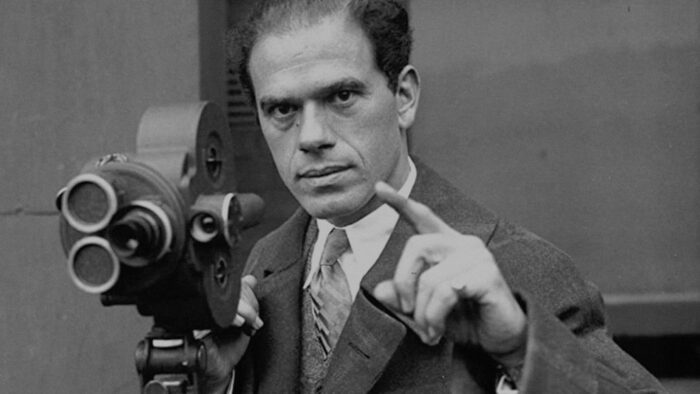At the height of the American Dream, the films of Frank Capra (1897–1991) brought light to a nation reeling from the Depression and squeezed the best potential out of the studio system. The director believed in the goodness and the upward potential of the individual, constructing a humanist mythology and using his skills in propaganda documents that evolved into calls to arms during the Second World War.
But the Sicilian immigrant, born in modest circumstances to illiterate parents, was also the sum of his own extremes: a sensitive artist with mental health problems, a conservative Republican who cowardly named his former left-wing screenwriting partners in the blacklist era, even an open racist in his later years. By the end of the war, Capra was out of fashion, the countervailing forces that gave him his spark were gone, and his brilliant career faded at an embarrassingly early age.
It is all told in Matthew Wells’ stunning new documentary Frank Capra: Mr. America (2023), where the relatively small number of interviewees is compensated for by their quality: among them are the director’s biographer Joseph McBride, researcher and friend Jeanine Basinger, later colleague Alexander Payne and a surprisingly sensible Sony head Tom Rothman. An absolute must for anyone interested in Hollywood history!
Lauri Timonen
